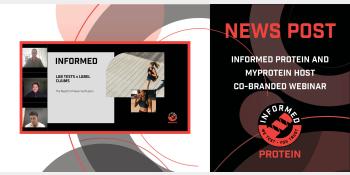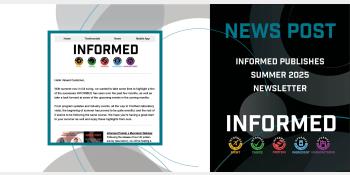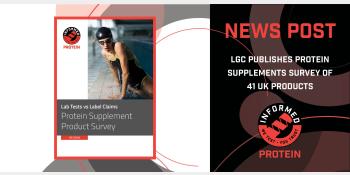Informed Protein News
Protein Supplements – A Growth Market That Could Be Undermined By Poor Quality Control
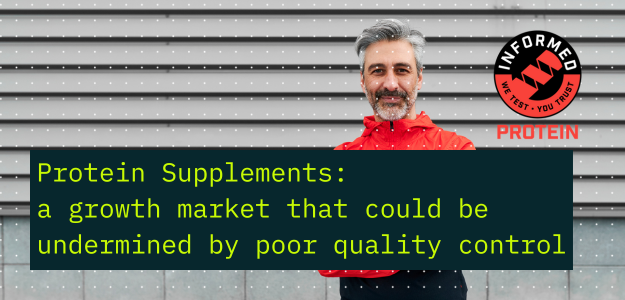
What are protein supplements?
Protein supplements are becoming an increasingly popular fixture in many people’s diets as they look to eat more healthily, gain muscle or lose weight. They are one of the most popular dietary supplements used by athletes, recreationally active adults, and employees in professions such as the military, security, or police, striving to increase muscle mass, improve exercise recovery, and improve performance.
Protein, a slow-burn source of energy, is composed of various types of amino acids and provides the raw material for both muscle construction and repair.
Protein powders make up the best-known form of protein supplement, however, there is a growing variety of protein supplements now available on the market, ranging from protein bars, cookies, and assorted snacks.
These products provide a concentrated form of protein, enabling consumers to supplement their diet without needing to eat vast quantities of additional food. Depending on the specific product, other additives may be included. Plant-based sources of protein are also becoming more prevalent.
Why are protein supplements so popular?
Protein supplements cater to a wide consumer group around the world. The prominence of sports and fitness activities, celebrity endorsements, social media influencers, and various government campaigns, have encouraged consumers to participate in various fitness and sports-related activities.
According to ReportLinker, protein has become a popular macronutrient among all consumers, including athletes looking for a competitive edge, an older generation intent on maintaining muscle mass, and busy professionals who are opting for meal-replacement protein bars and ready-to-eat shakes.
Global Markets Insights estimates that the global protein supplements market, which was valued at USD 8.7 billion in 2021, is expected to expand at a compound annual growth rate (CAGR) of 7.6% from 2022 to 2030. The Western Europe and North American markets are expected to drive this growth.
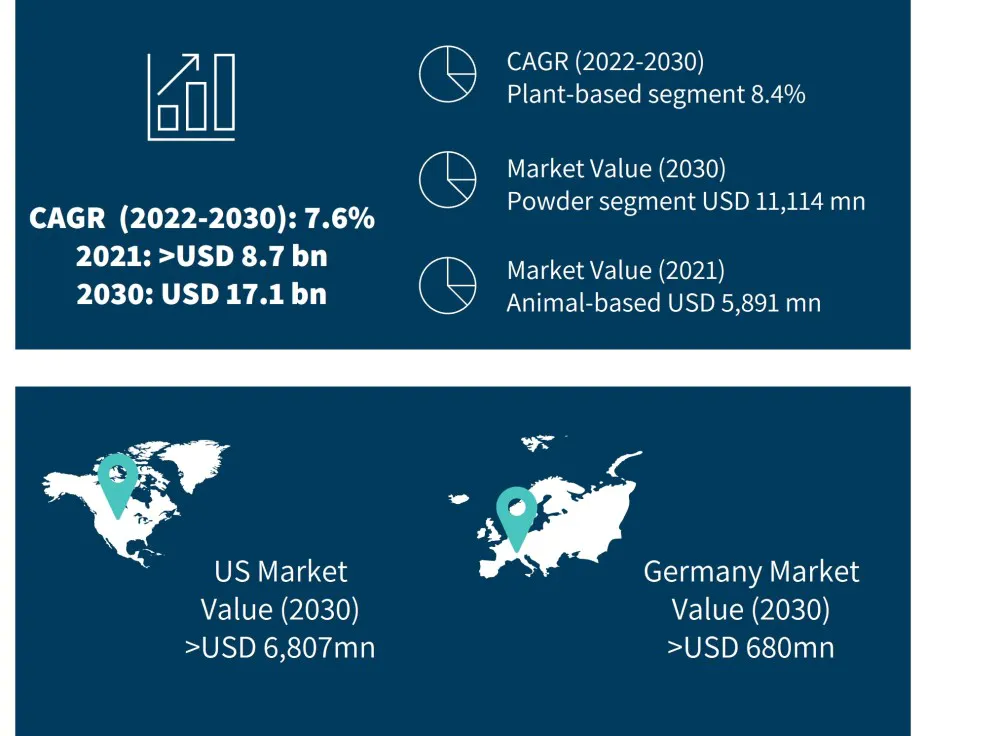
What are the issues affecting the protein supplement sector?
Protein supplement quality is an ongoing concern. These products are mostly unregulated, and there are examples of products being placed on the market that are contaminated or contain heavy metals, pesticides, and other dangerous compounds that are not included on the label.
The Clean Label Project, a non-profit group promoting truth and transparency on food and consumer product labeling, published an independent study on toxins in protein providers. It showed that many top-selling protein supplements contained heavy metals such as high levels of lead, bisphenol A (BPA), mercury, cadmium, and arsenic – substances that have been linked to cancer, reproductive harm, and brain damage.
Testing the top-selling 134 brands available in stores and online, an independent laboratory revealed that:
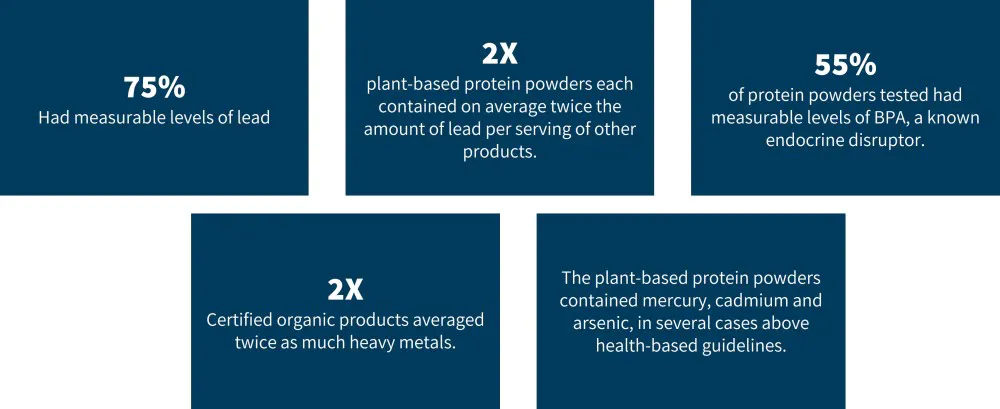
Other studies have found similar levels of contamination including ConsumerLab, which found that 31% of products tested failed due to issues such as only containing trace levels of the stated protein content, lead, and heavy metal contamination.
As a result, Amazon US updated its requirements for dietary and sports supplement products being sold on the site in an effort to add additional quality assurance measures for consumers purchasing products.
How can brands protect their reputation?
Recognized testing and certification programs verify product content, label verification, and manufacturing processes to minimize the risk of inadvertent adulterants and ensure products are produced to high-quality standards.
LGC ASSURE’s group of nutrition industry-focused assurance programs, INFORMED, has developed a new protein testing lab and protein certification, Informed Protein. The new certification joins other members of the INFORMED family of global programs which include Informed Sport, Informed Choice, Informed Ingredient, and Informed Manufacturer.
It was developed to give confidence to consumers by verifying the amount of protein within protein supplement products. Certified protein brands and products are assessed for their total nitrogen content and are evaluated for their carbon/nitrogen ratio to ensure batch-to-batch consistency.
Informed Protein also performs a free amino acid analysis and tests for common adulterants to evaluate non-protein nitrogen that can falsely elevate protein claims. To minimize the risk of inadvertent adulterants and to ensure products are produced to high-quality standards, the verification program performs robust facility assessments of all manufacturing facilities producing certified products.
Protein supplements tested and certified by Informed Protein carry the Informed Protein logo on product packaging stating they have been regularly tested. The presence of the Informed Protein logo gives supplement users assurance that the product label claims have been verified independently - thereby providing confidence that the amount of protein within a product matches what is listed on the label.
It has already seen interest from many popular supplement brands worldwide, certifying products from Bare Performance Nutrition, Ritual, TYM, AGN Roots, and CleanShake. Many other protein products are currently going through the certification process, poised to offer their customers an added layer of trust and assurance in their supplement products.







